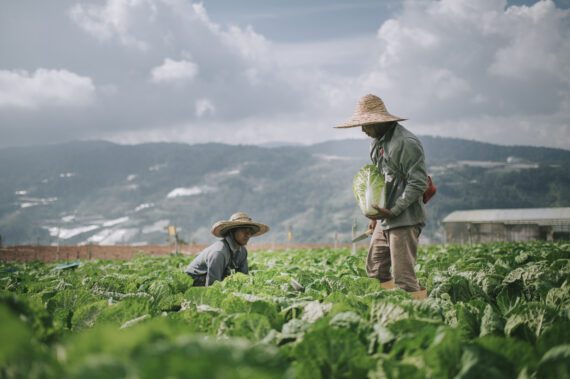At the Third Financing for Development Conference in July 2015, the United States pledged, through the Addis Tax Initiative, to significantly increase foreign assistance that supports countries in mobilizing their own domestic resources. Domestic resource mobilization (DRM) encompasses the ways in which countries access their own means of funding national priorities. A wide range of funding mechanisms and financial flows are part of DRM, among them tax revenues, natural resource revenues, remittances, funds from public-private partnerships, public bonds, and philanthropic gifts.
“Peaceful, inclusive, and well-governed societ[ies]” as described in Sustainable Development Goal (SDG) 16 are a necessary condition for countries seeking to end hunger and extreme poverty by 2030. States that build inclusive institutions are more likely to provide social safety nets and achieve the broadly-shared economic growth needed to lift people out of poverty. Low tax revenues, illicit financial flows out of the country, and corruption pose barriers to such institutional development.
While U.S. assistance in countries that are low-income, fragile, or both should aim to help them overcome any of these barriers to DRM, this paper focuses primarily on taxation. Effective tax systems can help strengthen institutions by encouraging citizens to monitor their governments and insist on social services. Yet many fragile and/or low-income countries need support for broader capacity building before they can benefit from tax reform.
Download Briefing Paper 29 using the link under Downloads below:



